England will hold a day-night Test - ECB chairman Colin Graves
- Published
- comments
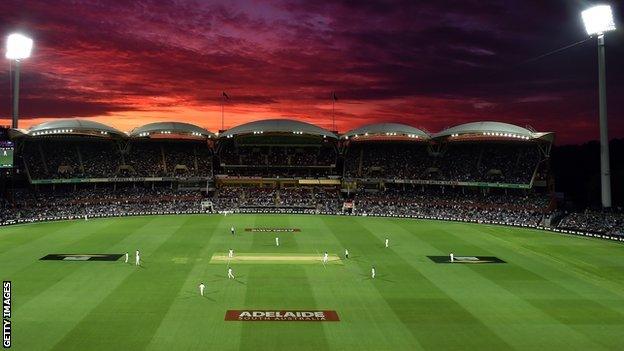
Australia will hold at least one more day-night Test match during their home summer of 2016-17
England will host a day-night Test, according to England and Wales Cricket Board chairman Colin Graves.
Australia held the first day-night Test against New Zealand in November in the hope of attracting larger crowds and a peak-time TV audience.
"You can't turn your back on it, it will happen," Graves told BBC Sport.
"We just have to decide when it is going to happen. We're doing a lot of work on it and we'd love to see day-night cricket."
In a wide-ranging interview to be broadcast during Test Match Special's coverage of the first day of the first Test between England and Sri Lanka at Headingley on Thursday, Graves also said:
Live Test cricket will never again appear on terrestrial television
Two or three counties were prevented from going bust in the past year
A revamped T20 competition will not be themed on franchises but could have city-based teams
Test cricket is safe so long as governing bodies move to protect it
Counties should look to hold day-night first-class matches
'Make Test cricket meaningful'
England have announced plans for this summer's contests against Sri Lanka and Pakistan to be multi-format 'Super Series', with points on offer for Test, one-day international and Twenty20 matches.
Currently, the world Test rankings are the only global form of competition for the five-day game, with plans to hold a World Test Championship in 2013 scrapped in 2011.
"We have to make Test cricket meaningful and we have to put some 'oomph' behind it," Graves said.
"Test cricket is safe if we do something about it, but I don't think it is safe if we do nothing. That is not an option. The International Cricket Council are looking at it and the other countries are looking at it."
'Live Test cricket will never return to terrestrial TV'
Live Test match cricket was last seen on terrestrial television in the UK in 2005, with all of England's matches since then being shown by Sky.
Some nine years after the move, in 2014, the ECB's own participation figures showed that the number of people playing recreationally had dropped.
"We'd like to see some live cricket on terrestrial television, but Test cricket will not be on terrestrial television," Graves said.
"The younger generation do not watch terrestrial television, they use social media. We have to take that into account. It will be a mix-and-match situation for us to come out with the right formula."
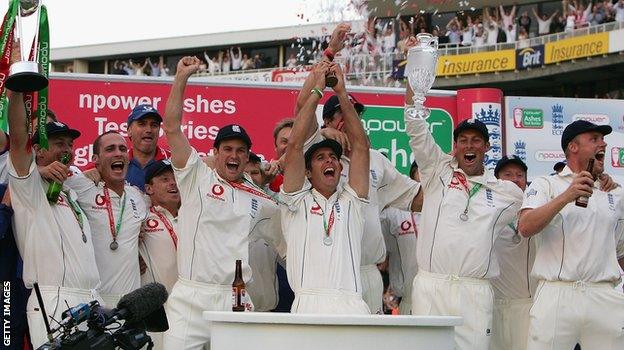
The 2005 Ashes was the last Test series to be shown live on terrestrial TV in the UK
Who mentioned franchises?
The domestic Twenty20 competition in England has often been a target for criticism, with some favouring the franchise model used by the Indian Premier League and the Big Bash in Australia.
The current model of 18 counties split into two divisions of nine and looking to reach the quarter-finals will remain in place until 2019, when the existing broadcast deal expires.
Graves said there could be "four or five" options for a new-look competition, potentially including city-based teams, but with a franchise model not under consideration.
"I have never mentioned the word franchise once, but it's all people talk about," Graves said. "I don't believe it is the right model for English cricket.
"We want to keep all 18 counties involved. I'm sure cities could be one option, but we have no preconceived idea of what we want. We don't have a preferred option. We will put them all on the table then decide the right way to go."
'I want 18 counties'
From 2017, the domestic first-class structure will be altered to a top flight of eight teams and a second tier of 10 from the current system of two nine-team divisions.
With debate ongoing over how much cricket should be played and how the counties can sustain themselves financially, Graves said he favours an 18-county structure and could even imagine a scenario where that is expanded.
However, he also revealed debt within the game totalling £120m and that "two or three counties" have been saved from going bust in the past year.
"I've always said I want 18 counties," he said. "It annoys me that people say we will not sustain 18 counties - we've never said that. We could have even let two or three go bust during the past year. We haven't done that. If we haven't done that in the last year, why would we change?
"I could give you a case where the domestic game could sustain more than 18 counties, but we do have £120m debt in the game and we have to manage that. We have to get the competitions right. It's about how we use the money."
More cricket from BBC Sport |
|---|
- Published18 May 2016
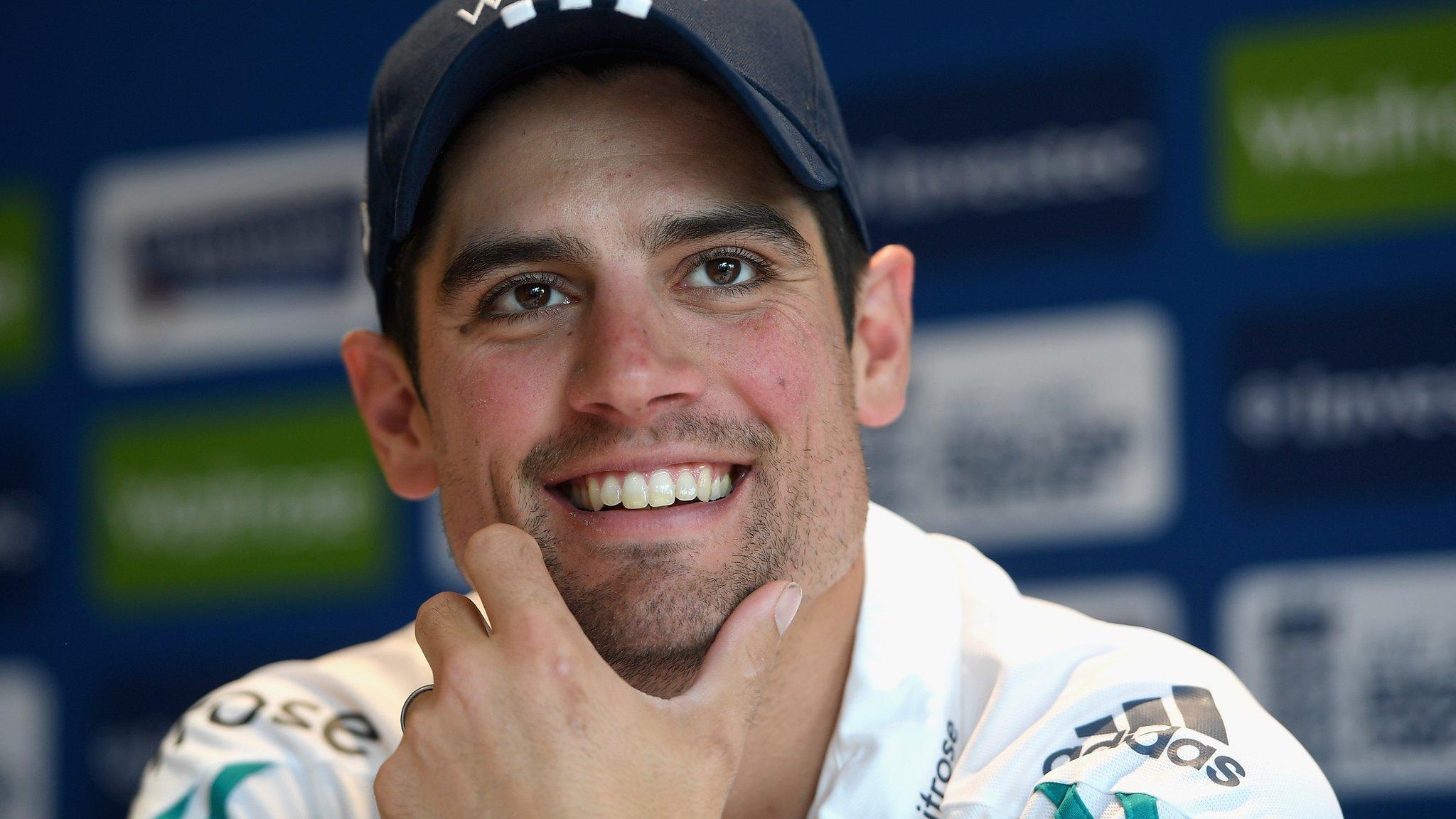
- Published18 May 2016
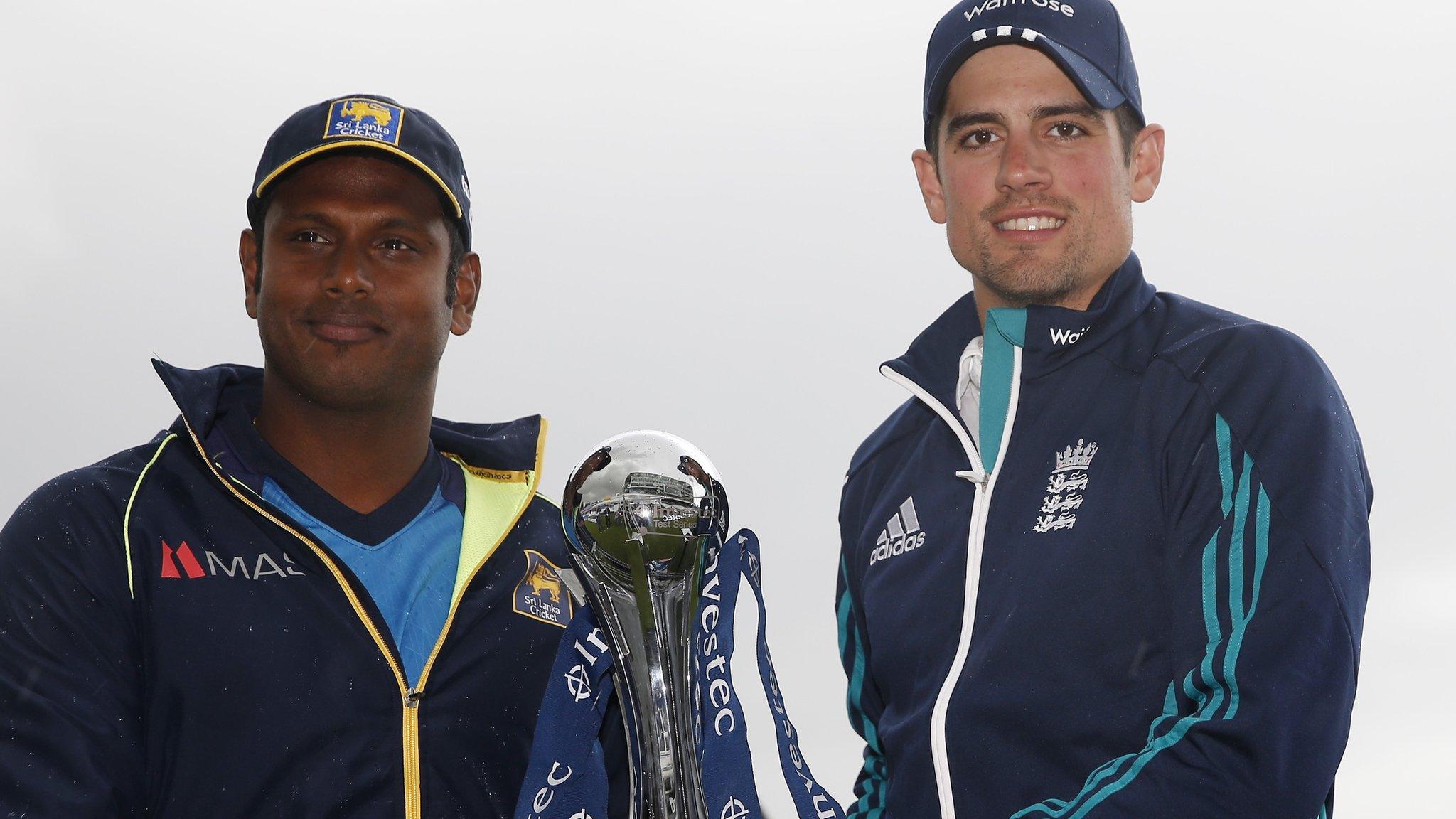
- Published18 May 2016
- Published10 March 2019
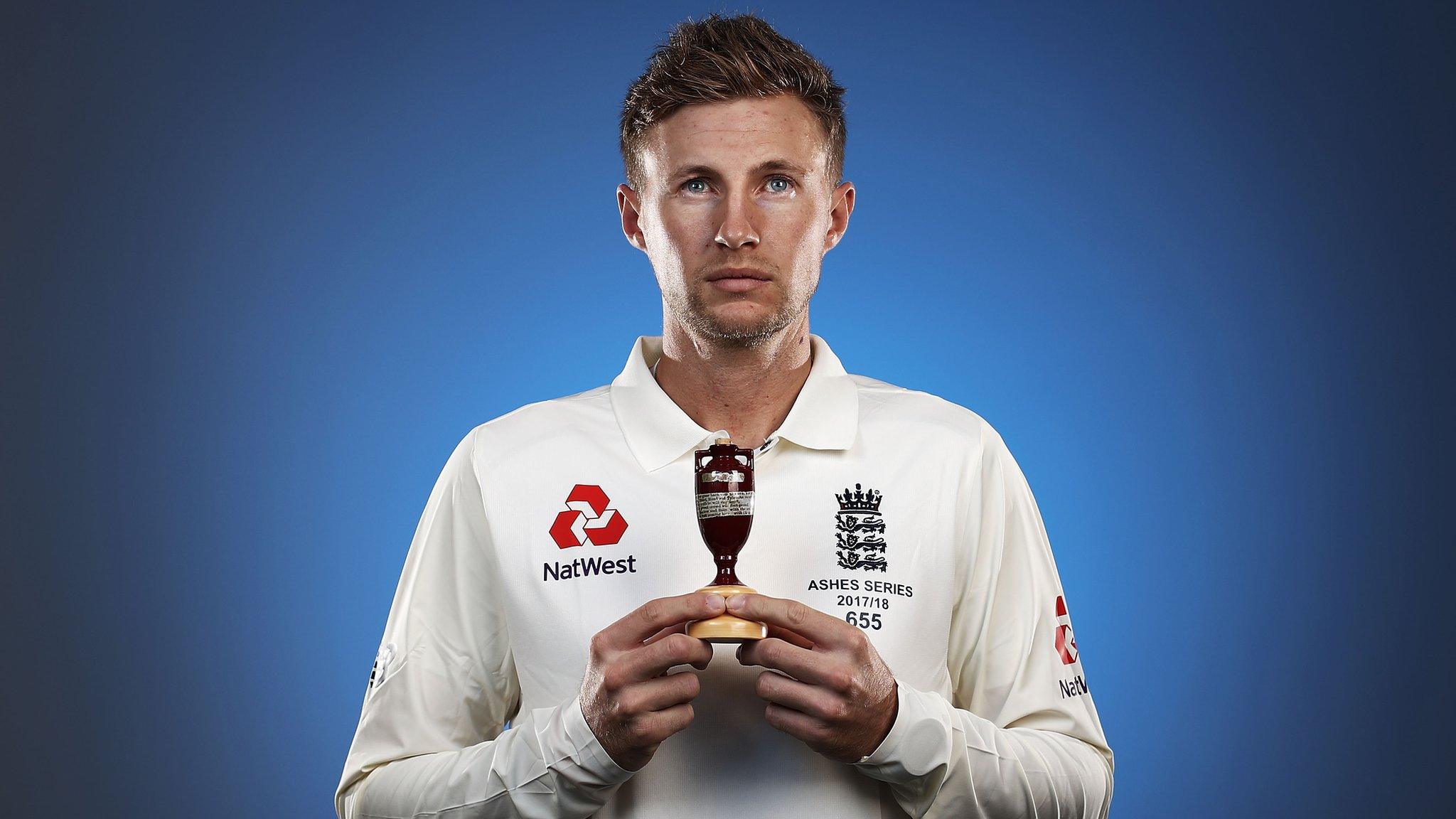
- Published15 May 2018

- Published18 October 2019
